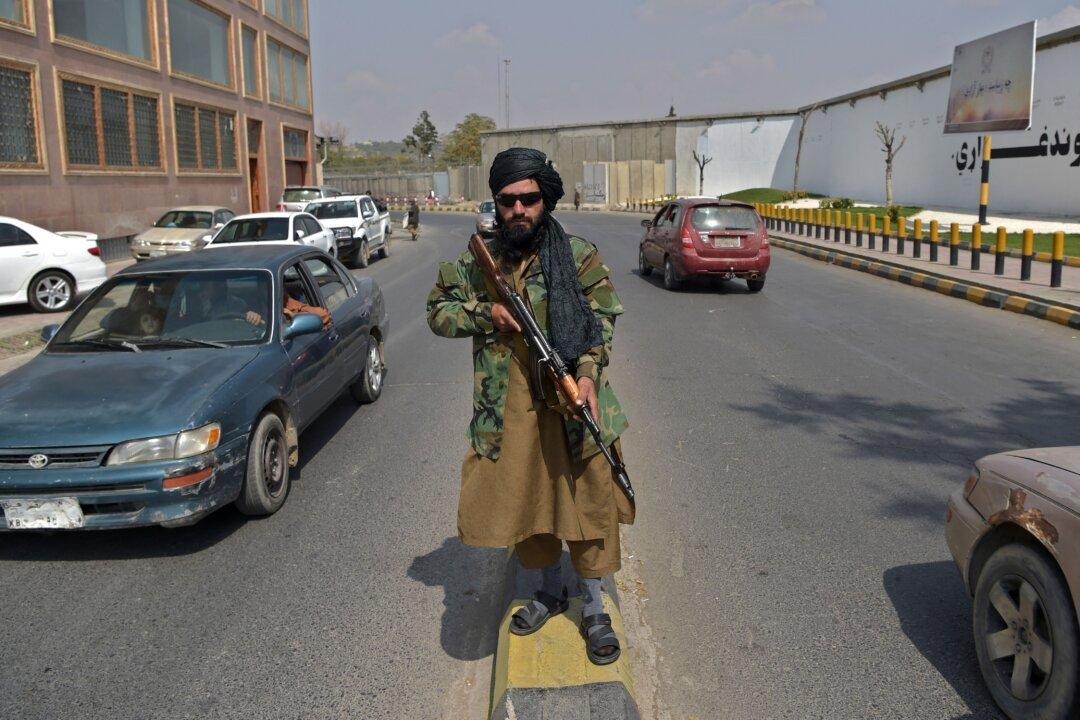The Taliban on Aug. 4 said it wasn’t aware Al-Qaeda leader Ayman al-Zawahri was in Kabul days after the Biden administration confirmed it killed him in the Afghan capital.
A chief spokesman for the Taliban said the group ordered its “investigative and intelligence agencies to conduct serious and comprehensive investigations on various aspects of the mentioned event.”





